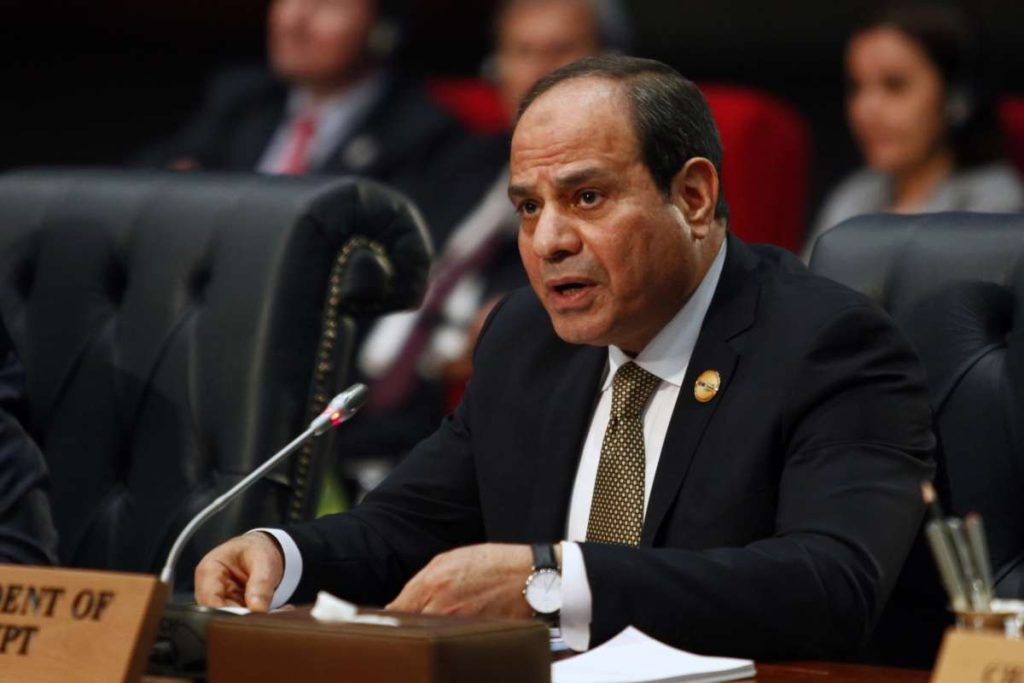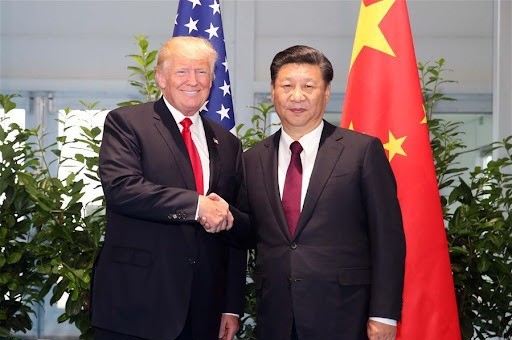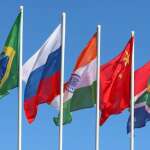For Egypt, the summit carries special significance. Egypt’s accession as an SCO dialogue partner marks a strategic step toward forging more balanced, diversified international partnerships, particularly with emerging countries such as China, Russia and the Central Asian state
Chinese President Xi Jinping met with Prime Minister of Egypt Mostafa Madbouly in the port city of Tianjin on Saturday.
Madbouly is in Beijing to attend the Shanghai Cooperation Organization (SCO) Summit 2025.
Noting that China-Egypt relations are at their best in history, Xi called for seizing the opportunity of the 70th anniversary of the establishment of their diplomatic relations next year to advance bilateral ties toward the goal of building a China-Egypt community with a shared future in the new era, as well as to make greater contributions to maintaining world peace and stability, and promoting global development and prosperity.
China and Egypt should be good brothers firmly supporting each other, Xi said, calling on the two sides to deepen mutually beneficial cooperation in economy and trade, joint manufacturing, new energy and other fields.
He also called on the two countries to shoulder their historic mission and responsibilities as major countries of the Global South, and jointly oppose unilateralism and bullying acts.
Praising China as Egypt’s true partner and friend, Madbouly said Egypt is ready to take the anniversary next year as an opportunity to achieve greater development of bilateral relations.
Faced with challenges in the global situation and international economy and trade, Egypt is willing to strengthen coordination with China in international and regional affairs to safeguard the common interests of developing countries, Madbouly said.

Advantage Egypt
For Egypt, the summit carries special significance. Egypt’s accession as an SCO dialogue partner marks a strategic step toward forging more balanced, diversified international partnerships, particularly with emerging countries such as China, Russia and the Central Asian states. The move also reflects the Egyptian leadership’s vision to bolster its role in a multipolar world and join organizations that uphold sovereignty and shared interests.
Today, the SCO brings together nearly half of the world’s population, about a quarter of global GDP, and vast natural and technological resources. Egypt applied in 2015 and became an SCO dialogue partner at the September 2022 Samarkand summit, underscoring its rising profile in the organization.
The SCO dialogue partner status opens up strategic opportunities that benefit both Egypt and the organization in the following areas:
First, economic integration: The SCO offers opportunities for cooperation under the Belt and Road Initiative and participation in regional logistics and investment projects. This aligns with Egypt’s ambition to enhance its role as a global trade hub, particularly through the Suez Canal corridor.
Second, security cooperation: Given Egypt’s extensive experience in combating terrorism, it actively takes part in intelligence sharing, joint training and technical support against terrorism and transnational crime, anchored in the SCO’s Regional Anti-Terrorist Structure (RATS).
Third, digital transformation: Joint work on cybersecurity, artificial intelligence and clean-energy projects aligned Egypt Vision 2030 with SCO’s action plan for digital transformation, which outlines that member states will intensify cooperation in advanced technologies, including environmentally sustainable solutions.
Fourth, cultural exchanges: Egypt’s heritage and soft power support the SCO’s cultural exchange programs, fostering mutual understanding and helping prevent conflict.
In particular, the SCO reinforces Egypt-China cooperation, building on the comprehensive strategic partnership between the two countries, covering the fields of security, technology, space, culture, and so on. The organization has created new diplomatic momentum. Bilateral talks held on the sidelines of the organization’s Business Council and ministerial meetings helped fast-track agreements worth hundreds of millions of U.S. dollars.
Positioning itself as the SCO’s northern gateway to Africa, Egypt seeks to effectively turn its SCO partnership into a bridgehead for the organization’s engagement across Africa, through cooperation in hard infrastructure, joint development projects, and soft-landing mechanisms.
Amid rapid geopolitical changes, the SCO represents an emerging model of multipolar cooperation based on respect for sovereignty, equality and shared interests.
The organization constitutes a promising opportunity for Arab countries, especially Egypt, to augment their global influence. The status of a “dialogue partner” will be translated into effective initiatives and projects that undoubtedly represent a qualitative shift for Arab diplomacy in Asia.
In a world of multiplying crises and sweeping changes, power and partnership are measured less by traditional loyalties or sheer force than by policy flexibility and the capacity to choose sovereign paths free of polarization. It is this shift that gives the SCO its growing value: not merely as another security and economic bloc, but as a platform that restores balance to the international order and lets Global South states become partners in global decisions instead of passive recipients.
With its historical weight, pivotal regional role, strategic location and ambitious development vision, Egypt is now welcomed to deepen its engagement with the SCO — not merely to benefit, but to help shape a more just, pluralistic and inclusive global order. The world waits for no one; it offers no mercy to those still shackled by yesterday’s equations amid today’s changes.
For Egypt and the Arab world, joining platforms like the SCO is no longer an optional courtesy; it is an imperative. Membership tackles food and water insecurity, climate shocks, energy scarcity and digital upheaval, while simultaneously elevating its geopolitical weight across the Arab region, Africa and Asia. It widens the path to sustainable development, embeds the principle of partnership diversity, safeguards strategic autonomy, and equips states to navigate a rapidly shifting global order with agility.













